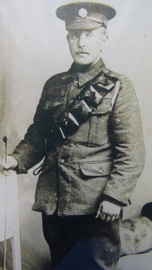
When I arrived home I discovered an envelope from an uncle which contained a red wallet, with the words THE SECRETARY WAR OFFICE LONDON stamped on it. Inside the wallet were my grandfathers war certificates which gave me his regimental number and told me he served in the Kings Own Border Regiment in the Great War. I had waited for this information for a long time in order to progress the book I am writing to document (or curating) our family's history. I immediately went back on to Ancestry.com and began a search World War I army records and because of the information I now had I was able to locate my grandfather from the thousands of other Thomas Jackson's who served in the army. It was quite a moment to discover all these new facts about him. He lied about his age, he was no more than 16 when he signed up, and was posted to the front in 1914. He was wounded twice but fortunately for his descendents, survived nearly 4 years in the trenches. In working through the on-line archive I also discovered more information about the role my other grandfather played in the war. It was altogether a humbling experience. Inspired by the progress I had made I then started a new chapter on my first wife's family and again I struck lucky in the on-line documents finding a treasure trove of papers relating to the immigration to Canada in 1924 of my wife's father when he was five. These three experiences proved to me the value of these massive on-line historical documentary data bases.
I once read that as parents we are custodians of our family's digital records, in other words one of our responsibilities as a parent is to curate the records, photos and other artefacts that preserve important memories of the past so that our children might enjoy their heritage in the future. But, thanks to the internet and the nuemrous on-line archives it supports, we also have the opportunity to move beyond our own family to delve into the past and curate materials that relate to our family's history. Because I enjoy writing I have begun to write a family history and publishing it for the family using Lulu. I have been conscious as I have been doing this of the way an ecology has developed to achieve this purpose: an ecology that includes my parents and other family members who have shared their stories about the family, and other more distant members of the family who have shared what they have discovered about their families which connect to my own. My ecology also includes on-line record systems that I have accessed via 'Ancestry', and personal artefacts - like letters, photographs, music, clothes, and objects that were collected and brought back from far away places by my ancestors - all help create the story that is our family history. Furthermore, google maps (street level) allow us to visit places we grew up in and houses we lived in. All of these sources of information can be used to tell the story of our lives and what was significant to us and enable us to reconstruct the lives of our ancestors so that we can see ourselves and the lives we have lived in the bigger context of the people who make up our genetic heritage.
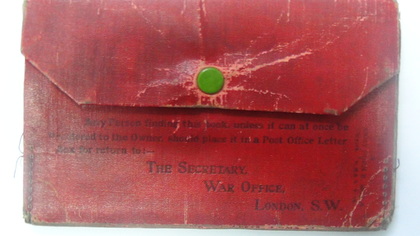
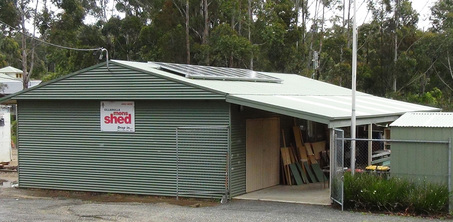
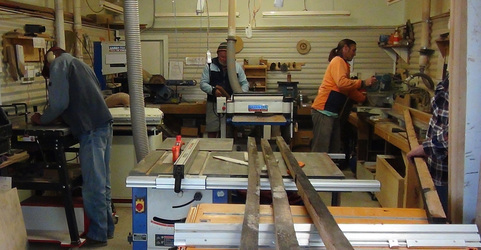
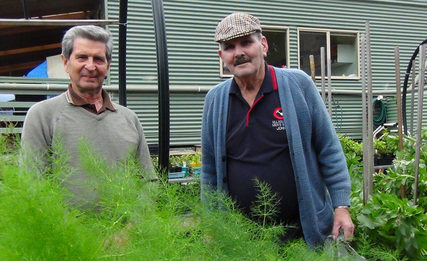
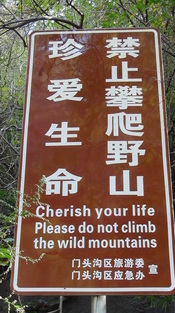




 RSS Feed
RSS Feed